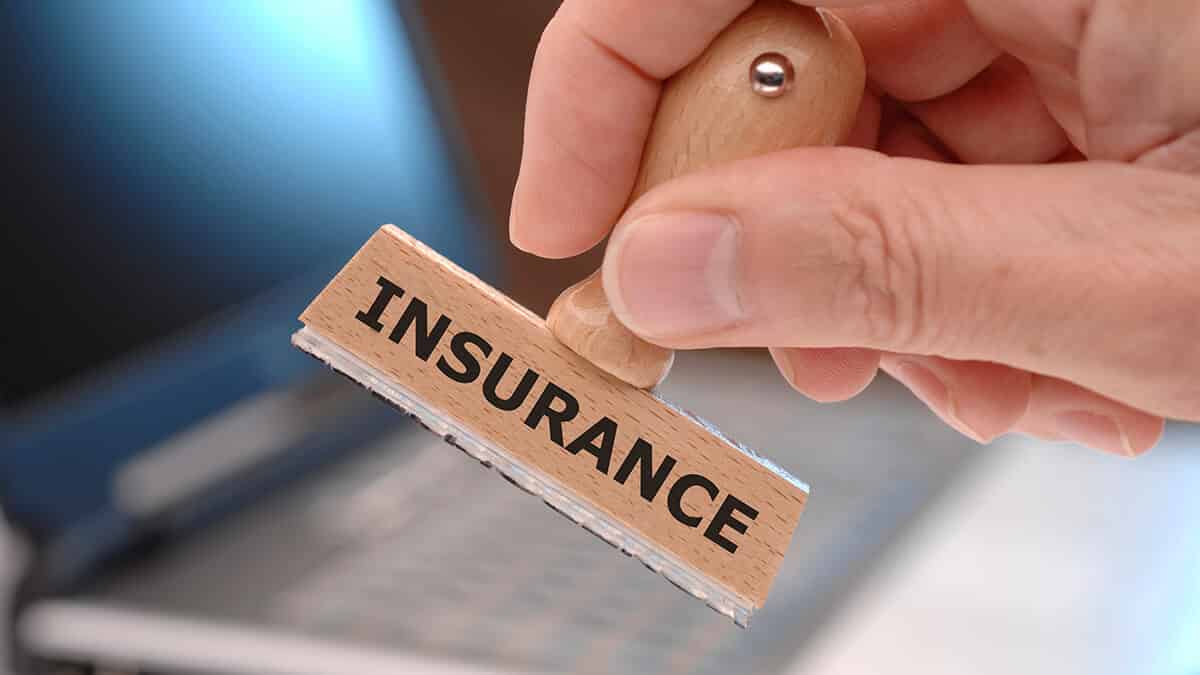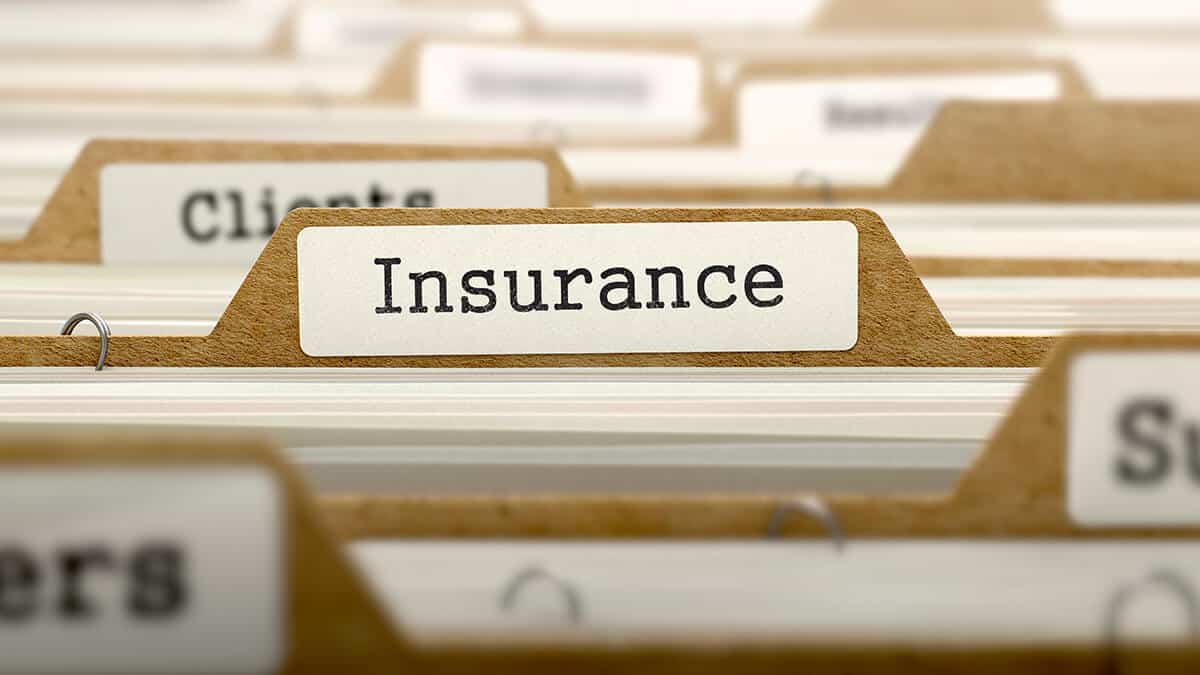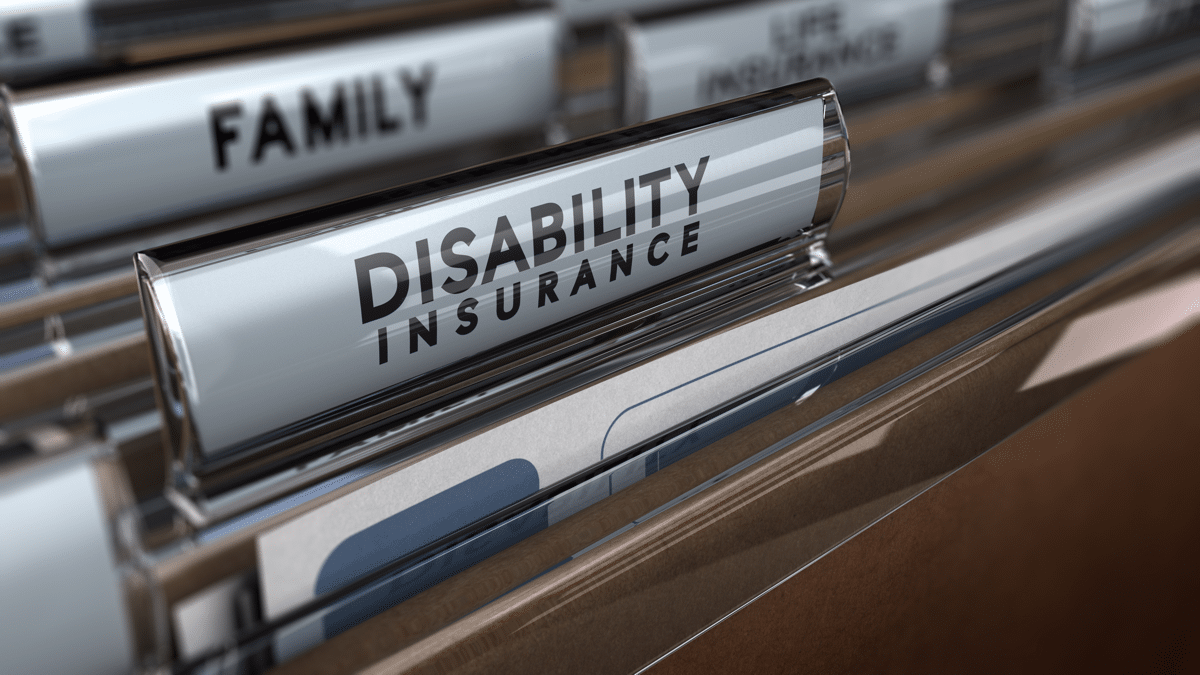In this guide
Many super fund members miss – or don’t really understand – the valuable benefits provided by the insurance cover that comes with their super account. For many of us, it provides a level of personal financial protection we couldn’t otherwise afford.
According to The Future of Insurance Through Superannuation 2022 report prepared by Deloitte for the Association of Super Funds of Australia (ASFA), around $6.6 billion in claims was paid out from these policies to super fund members during 2021.
Despite its many benefits, insurance cover held inside your super fund can be a little tricky to understand. To help cut through the confusion, our simple explainer covers the key concepts to keep in mind when it comes to assessing this important benefit of your super.
Transcript
Hi, I’m Camille Schmidt, Market Insights Manager at SuperRatings. Really excited to be sharing some insights into superannuation and insurance today.
Why do super funds provide insurance, and what are the benefits to being insured through super?
Well, essentially, it was recognised that Australians are inherently underinsured. And super was seen as one of the most cost-effective ways to provide coverage for as many Australians as possible.
So there’s also a range of benefits to providing insurance through superannuation. So the actual price that you pay can be a lot cheaper. This is because group insurance is based on the risk of the whole of the membership of the super fund and not your individual risk alone.
And when joining an employer, you’ll often get access to insurance rates that your employer has negotiated for you with their insurance provider, so these can be cheaper as they’re essentially buying in bulk the cover levels.
The other benefit is that the premiums are paid out of your superannuation account. So having insurance doesn’t affect your day to day budget.
What types of insurance can you get through a super fund?
So there are three main types of insurance offered by superannuation funds.
The first is life insurance. It’s also known as death cover. So essentially what happens with this is in the unfortunate event that you become terminally ill or pass away, your super fund will pay a lump sum benefit to your superannuation account.
The second most common type is total and permanent disability insurance, or TPD. And essentially what happens with this insurance is you receive a benefit to your superannuation account in the event that you suffer from a disability, that means you’re no longer able to work.
The third type is income protection insurance. It’s also known as salary continuance or temporary disability insurance. So with this insurance, you receive a portion of your income, typically around 75% , and that’s paid to cover you in the event that you are suffering from an injury or illness, which is temporary. So these payments can provide a safety net to cover financial responsibilities like your mortgage or other debts to ensure that your family can continue to maintain its current lifestyle if you’re unable to provide for them.
Do the insurance options provided by super funds vary much?
So the calculation design and cover levels can vary considerably across funds, but those three fundamental types of insurance are generally pretty similar.
So it is important to have a look at your cover levels and the premiums you are paying to see how they compare across providers. So this is also due to the underlying demographics of a fund and the rates that they’re able to negotiate.
For example, whether their members are typically younger or older or if they work in higher or lower risk industries. For example, mining would be considered a high risk industry.
What should people consider when thinking about their insurance needs?
So when assessing your insurance needs, you should consider your financial responsibilities and the cost of living that you have. So looking at your budget, how much you need to pay for housing in terms of your mortgage, if you have one or rent, other bills like utilities and childcare expenses.
If you are younger, you might have less debt. But if you are older and have a family and a mortgage, then you may need more cover to ensure you’re able to maintain these payments.
Are there scenarios where it doesn’t pay to get insurance through your super?
So in some cases, you may not be able to access certain types of insurance through your super. One type is trauma insurance or the income protection insurance offered by your fund may not be as comprehensive as what’s required. So it’s important to have a look at these areas if that’s of interest.
What tips can you give for people comparing super funds by their insurance options?
So when you’re comparing funds, it’s important to look at the level of cover as well as the costs associated to ensure that you’re comparing similar offerings. As you may think that your insurance is expensive, but it may be because you’re subject to receive a higher payout.
The devil is also in the detail. So there can be different definitions of what it means to be total and permanently disabled or in order to receive income protection insurance. So it’s important you have a look through these definitions and also compare the terms and conditions or Ts & Cs across funds.
So it is important to look at the time frames and what would be most suitable for yourself. Typically, income protection insurance is offered with the benefit paid for up to two years. Long term income protection insurance is sometimes offered as well with the benefit paid for up to five years.
Do super funds provide advice about insurance?
So about two thirds of funds provide online calculators that can help you assess your insurance needs.
And there’s also advice services offered through your fund which will cover insurance. So it’s important to contact your fund and have a chat and see how they can help you to ensure that your level of cover is going to suit your lifestyle.
What is behind the roughly 25% increase in income protection premiums in the last 12 months?
So the premium increases are likely to be driven by recent legislation. So there was the Protecting Your Super and the Putting Members Interests First bills which have come into effect. So essentially what’s happened is it’s reduced the number of members who are insured across the market. And because income protection insurance had a smaller pool of members to start with, we’ve seen great increases for this type of insurance.
So we’ve also seen a rise in mental health claims. And this is impacting on premiums for income protection insurance more than death and TPD as well.
COVID is yet to flow through into the figures that we are seeing. However, through our discussions with funds, they do anticipate that there will be a rise in mental health related claims due to this pandemic environment. So that’s one that we’ll continue to monitor to see how that impacts on claims and payout ratios across the industry.
The discussion across the industry continues to focus on the cost of insurance. However, we believe that significant value in having insurance through your superannuation, as it can provide an important safety net when facing hard times.
What is default insurance inside super?
When it comes to life insurance, most Australians hold their cover through their super account. This is because most super funds offer basic default insurance to members when they join the fund.
In fact, the ASFA Future of Insurance Report found almost 10 million Aussies have at least one type of insurance cover provided through their super.
In most cases, you receive this default cover automatically when you join the fund (this is called automatic acceptance). You are not required to undergo the normal underwriting process, which often means providing health information or completing a medical examination. Automatic acceptance can be a real benefit for older members, or people with existing medical conditions who can’t access cost-effective cover outside super.
You are free to stick with this default level of cover or to adjust your policy to suit your personal circumstances by increasing your units of cover.
The premiums for default insurance vary and depend on your risk factors. Most super funds deduct your insurance premiums from your account monthly. It’s worth noting that super funds negotiate directly with life insurers to buy insurance on behalf of their members, so your premium is usually cheaper than purchasing a similar policy outside super.
Insurance cover: What is available from my fund?
The first thing you need to know about insurance inside super is that it’s not a single type of insurance. In fact, most funds offer three different types of cover to members:
- Life insurance – This is sometimes referred to as death cover and pays your beneficiaries if you pass away. Learn more about life insurance and super.
- Total and permanent disability (TPD) insurance – These policies pay you a regular income or a lump sum if you are totally and permanently unable to work as defined in the policy. Learn more about TPD insurance and super.
- Income protection insurance – Sometimes called salary continuance insurance, these policies provide a regular income if you are unable to work for a period. Learn more about income protection inside super.
Pros and cons of insurance inside super
Some of the pros and cons of cover in super include:
Advantages
- Discounted, affordable premiums
- Premiums paid from your super account, which can help if cash is tight
- Tax-effective as premiums are paid from pre-tax income
- Easy availability of limited cover due to automatic acceptance
Disadvantages
- Trauma cover and ‘own occupation’ TPD cover is not available
- Premiums can erode your super savings
- Life insurance generally only available up to age 65–70
- Tax may be payable on the proceeds of death and TPD insurance (tax-free outside super)
How much insurance cover do I need?
Now you understand the basics of insurance inside super, it’s important to think about how much cover you need.
According to actuarial firm Rice Warner (now part of Deloitte), most people have an underinsurance gap, meaning they hold significantly less life insurance than they actually need. The biggest gap is among parents with young children.
The latest available figures found this gap was growing, with most Australians only having cover for 29% of their TPD needs and 92% of their death needs. This is a concern, as most people need TPD insurance more than death cover, particularly when they are young or have dependents.
The amount of cover you need depends on your personal situation but, according to Rice Warner research, the average basic level of death and TPD insurance needed by an Australian family in 2020 was:
| Age of parents | Basic level of death cover needed | Basic level of TPD needed |
|---|---|---|
| 30 | $561,000 | $874,000 |
| 50 | $207,000 | $499,000 |
Source: Rice Warner Actuaries
7 steps to take control of your insurance inside super
Once you have a rough idea how much insurance you need, you can spring into action:
Step 1: Check your existing insurance cover
- Log into your super account to find what insurance cover you currently hold (death, TPD and/or income protection cover).
- Check how much protection your current insurance provides.
- Check the current premiums being charged to your super account. These will be listed on your annual member statement and are often charged on a monthly basis, so they usually appear online in your list of account transactions.
Step 2: Review the details of your insurance policies
- Find the insurance PDS and any other documents outlining the details of your insurance policy on your fund’s website.
- Read the policy documents to get an overview of what is and isn’t covered by your policy.
- Check for any special conditions or exclusions that could affect your cover (such as working part time, casually or in a hazardous occupation).
Step 3: Assess your current financial situation
- Think about how much insurance you would need to meet your financial responsibilities if you couldn’t earn an income due to ill health.
- Consider how much your partner and dependents would need to maintain their current lifestyle if you passed away. This includes paying off your mortgage, regular bills, funding private schooling and additional childcare or home help if your partner needs to return to work.
Step 4: Check your cover is correctly structured
- Consider whether you need to adjust or increase your insurance based on your age and financial dependents. Your need for insurance protection is higher the more you are dependent on receiving a regular income.
- Check you have nominated the right beneficiaries to receive your benefit if anything happens to you. Learn more about death benefit nominations.
Step 5: Research insurance offerings in other funds
- Review insurance products other super funds offer. Many funds alter their cover and policy rules in response to new legislation and the changing needs of their members.
- Check out the waiting period on your insurance policy. The waiting period is the amount of time you need to be off work before your benefit is paid. It usually applies to income protection and TPD cover. A shorter waiting period means you will be paid sooner, but the premiums may be higher.
- Compare the standard definitions used in different policies, as some definitions reduce uncertainty and the risk of not being paid.
- Check to see if other super funds offer simpler and more personalised products or have a better claims process.
Step 6: Contact your super fund for advice
- Ask your super fund for information about their cover and other options they offer members.
- Review what happens to your insurance cover if you change your super fund. Check whether you can opt in and out of cover and if it will affect your protection in the future.
- Consider making an appointment with an independent financial adviser (either through your super fund or externally) if you need more personalised advice about how much cover you need and the types of policies available.
Step 7: Adjust your current insurance cover
- Download the necessary documents from your fund’s website and change your cover so it better meets your current personal situation.
- Don’t cancel your existing insurance until your new cover is in place.
- Be wary of opting out of default cover at a young age as you could find yourself underinsured just when you need it and your financial commitments are starting to increase.
- Talk to an independent financial adviser if you need to top up your default insurance cover with insurance outside super.









Leave a comment
You must be a SuperGuide member and logged in to add a comment or question.